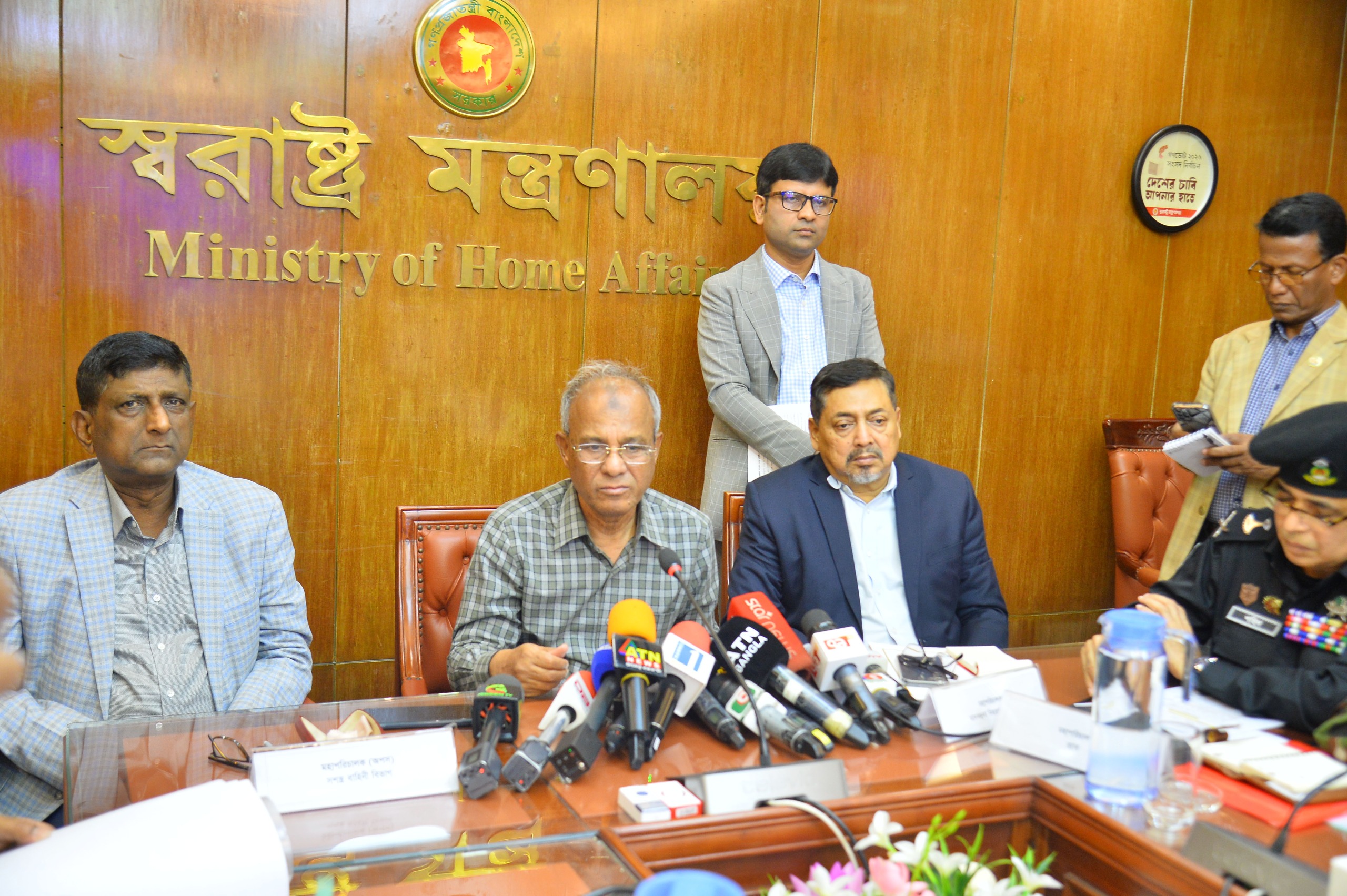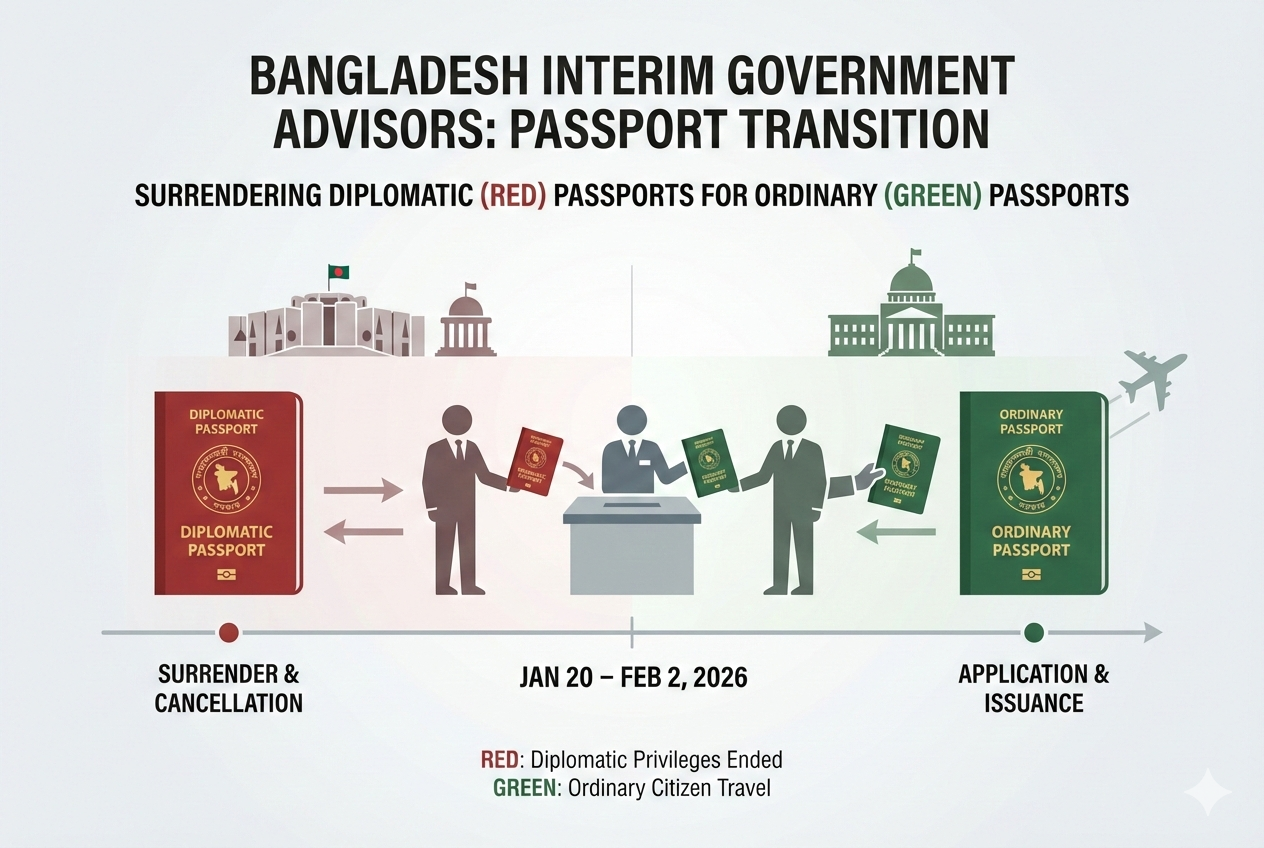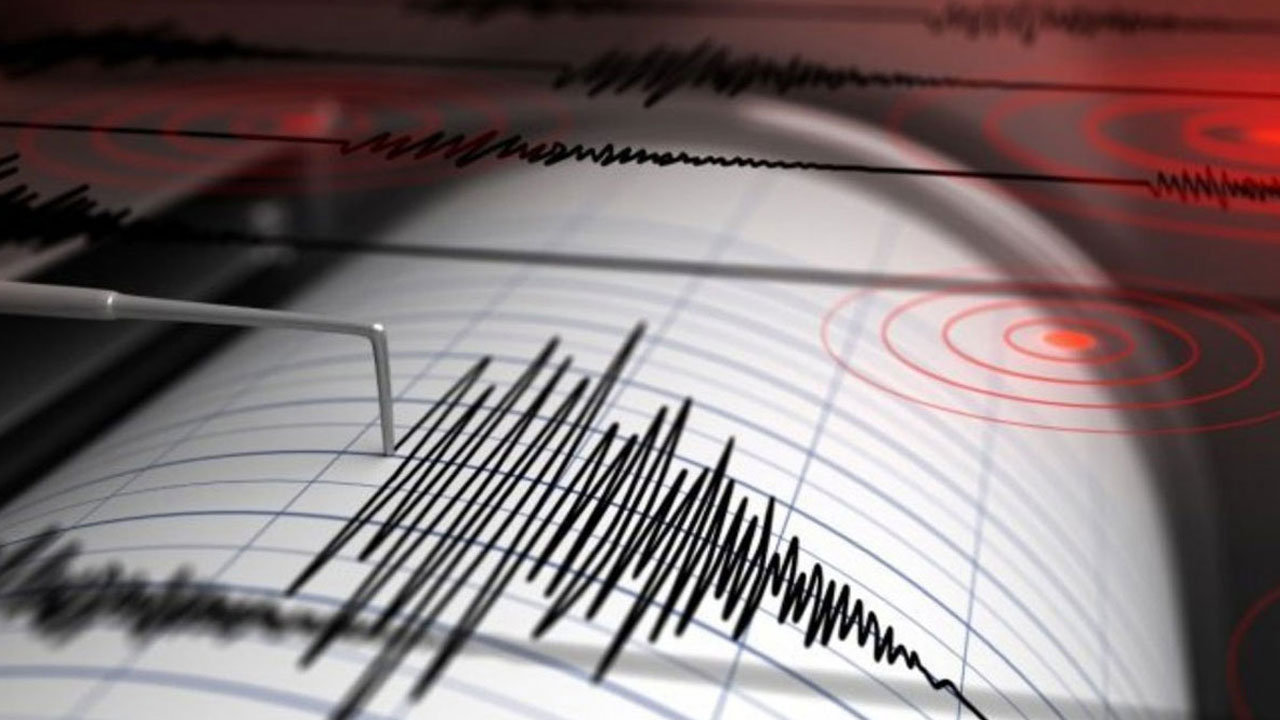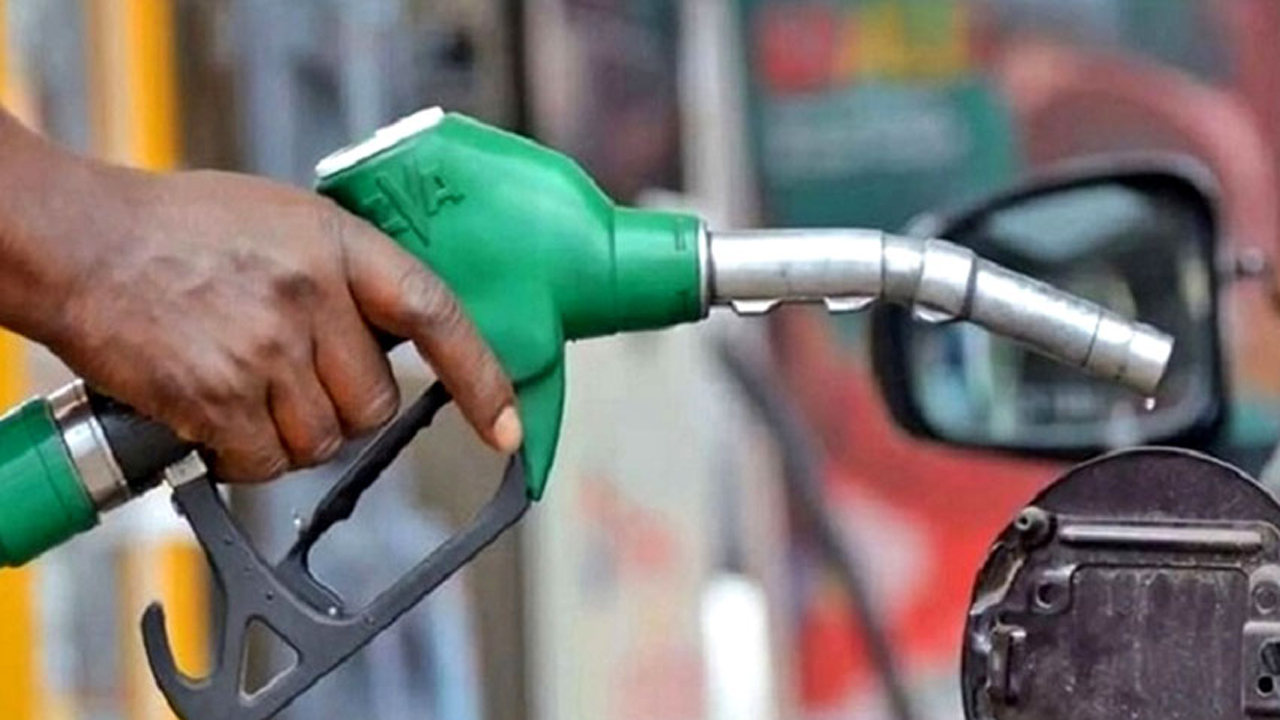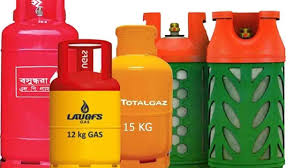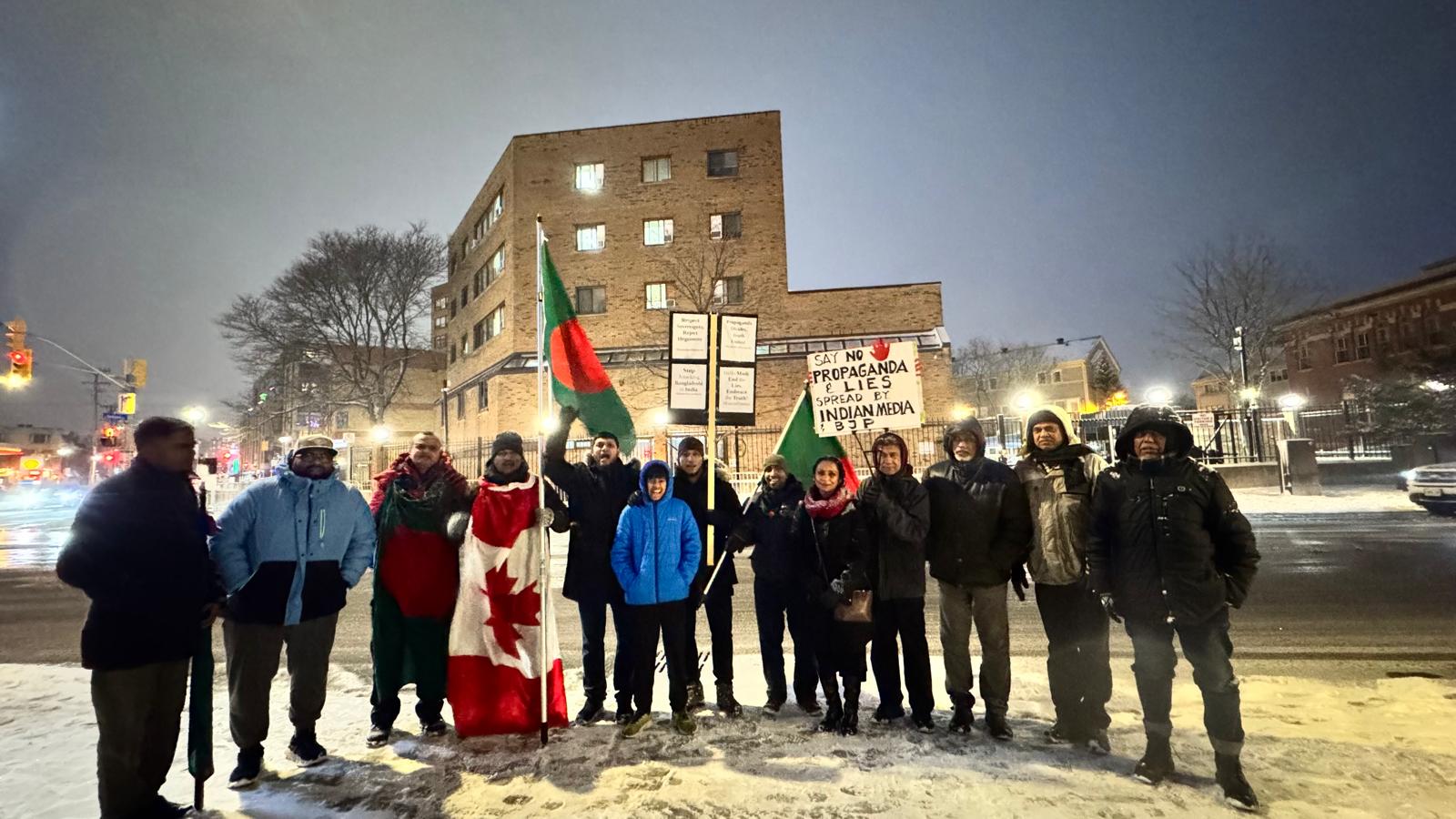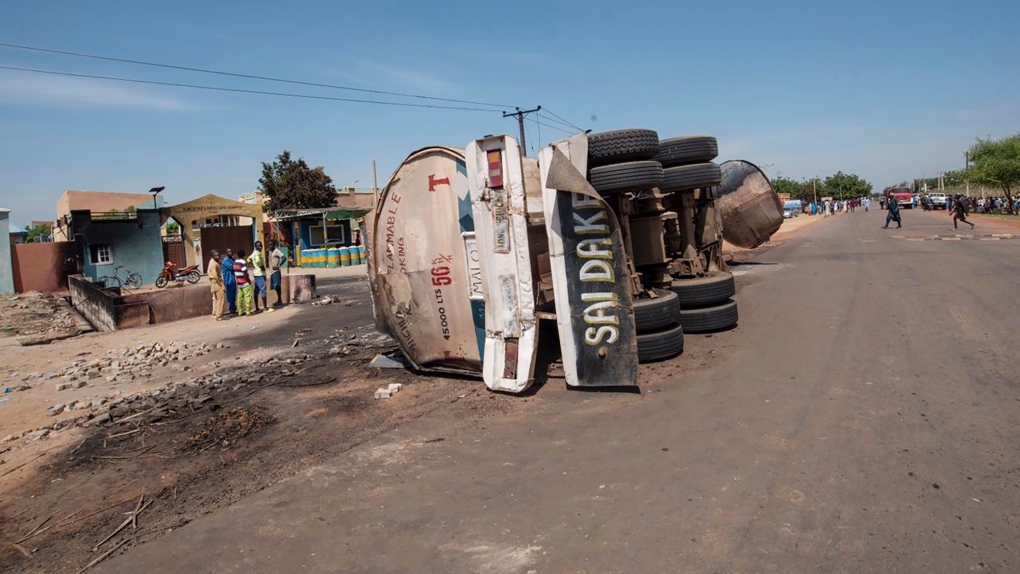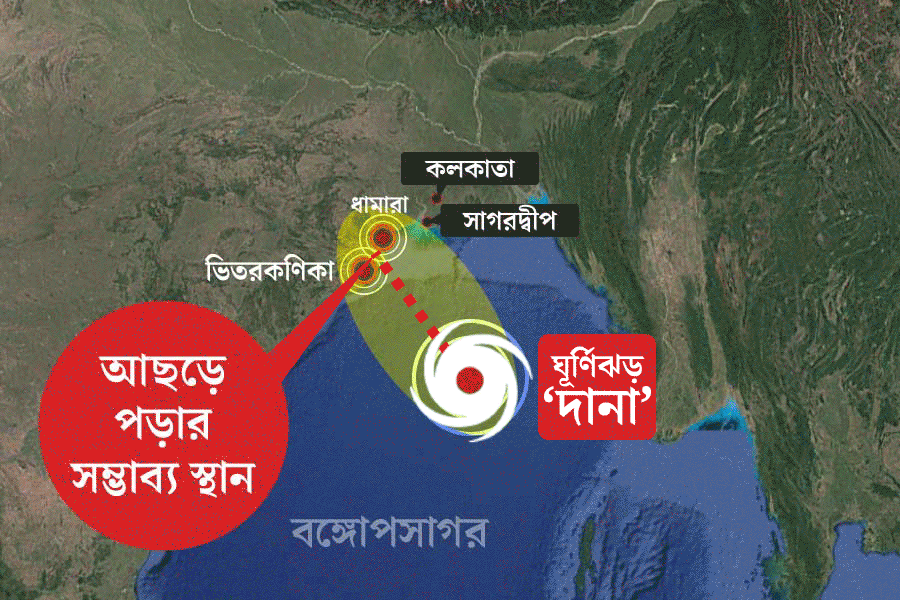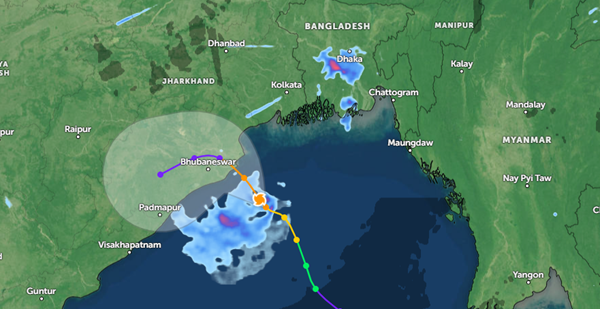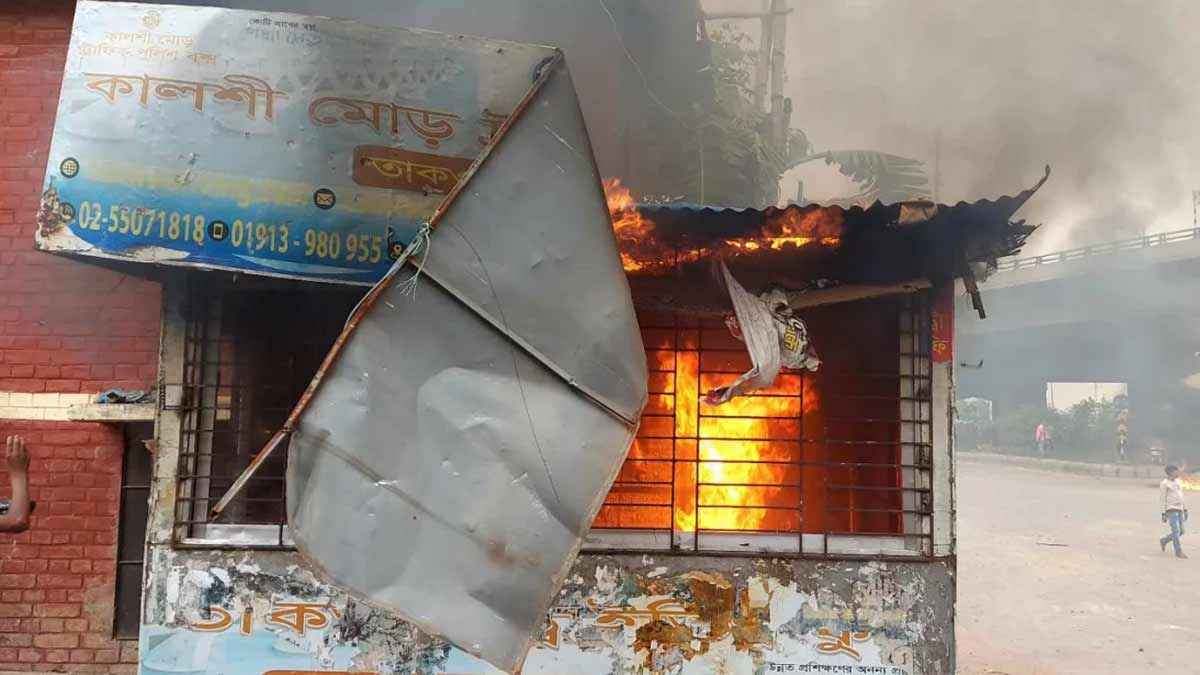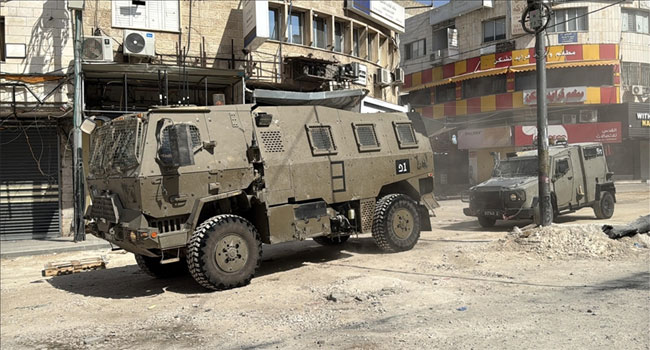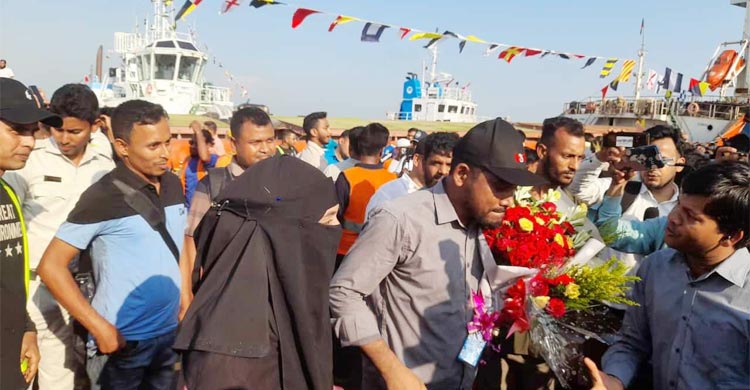
A boat carrying 26 Bangladeshis has capsized off the coast of the North African country of Libya, killing four Bangladeshis. In addition, another boat carrying more than 50 Sudanese people capsized off the same coast.
There were no casualties in the second incident, which occurred off the coast of Al-Khoms in northwestern Libya, TRT World reported on Sunday (November 16).
The Libyan Red Crescent said at least four people died after two migrant boats carrying about 100 people sank off the coast of Al-Khoms in northwestern Libya, the media reported.
The organization said it received reports of two boats capsizing near the shores of Al-Khoms on Thursday night. The first boat was carrying 26 Bangladeshi nationals. The bodies of four of them have been recovered.
The second boat had a total of 69 people. Two of them were Egyptians and the remaining 67 were Sudanese citizens. Eight of them were children.
The Red Crescent said that upon receiving the news of the accident, rescue teams quickly went to the scene and rescued the survivors. In addition to recovering the bodies of the deceased, they are also providing necessary assistance to everyone.
Libya is a well-known and popular route for illegal migrants to Europe via the Mediterranean. After the overthrow of Libyan leader Muammar Gaddafi in 2011, the country became a transit route for migrants heading to Europe. More than 850,000 migrants are currently staying in Libya. During Gaddafi's rule, migrants from various African countries found work in oil-rich Libya, but since his fall, the country has been plagued by conflict between rival militias.
Rights groups and UN agencies say refugees and migrants in Libya are routinely subjected to torture, rape and extortion.
Although the European Union has provided equipment and financial support to the Libyan Coast Guard in recent years to prevent illegal immigration, there have been allegations that the coast guard has links to militias involved in torture and crime.
In addition, human rights groups say that sea travel has become more dangerous as European countries gradually stop state rescue operations. At the same time, charities engaged in rescue operations in the Mediterranean have also faced repressive measures from various states.


